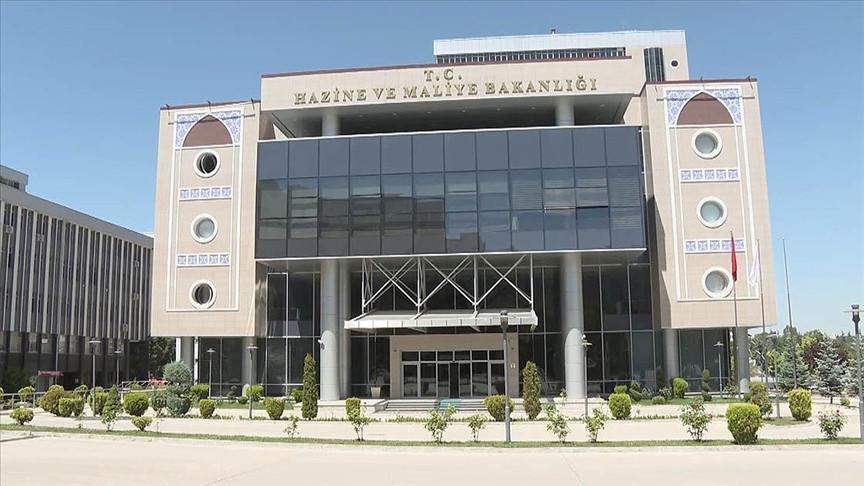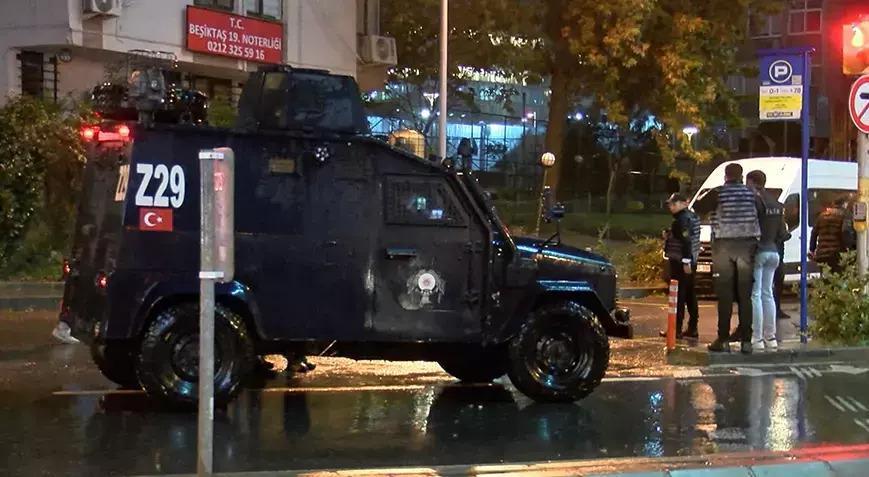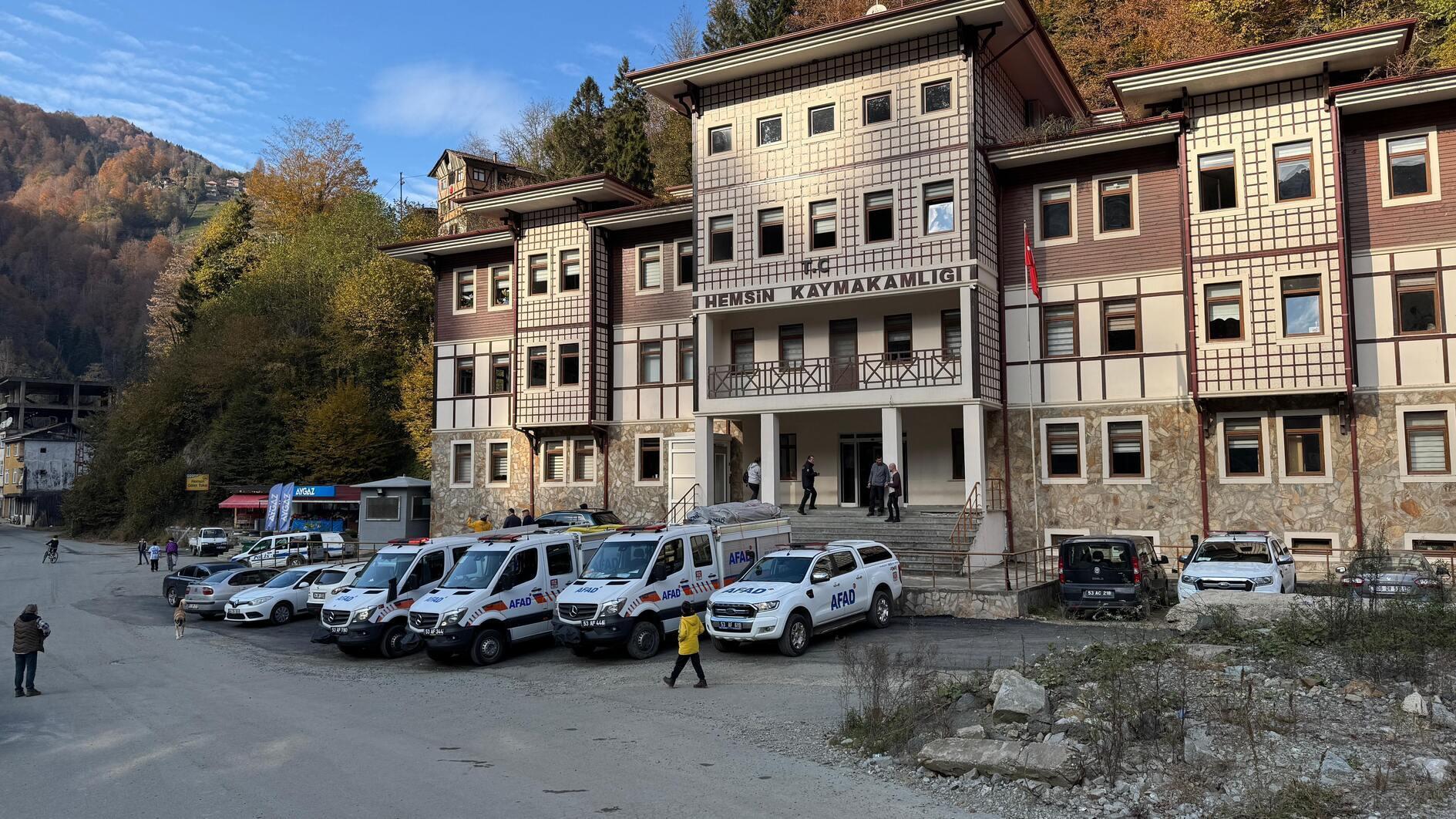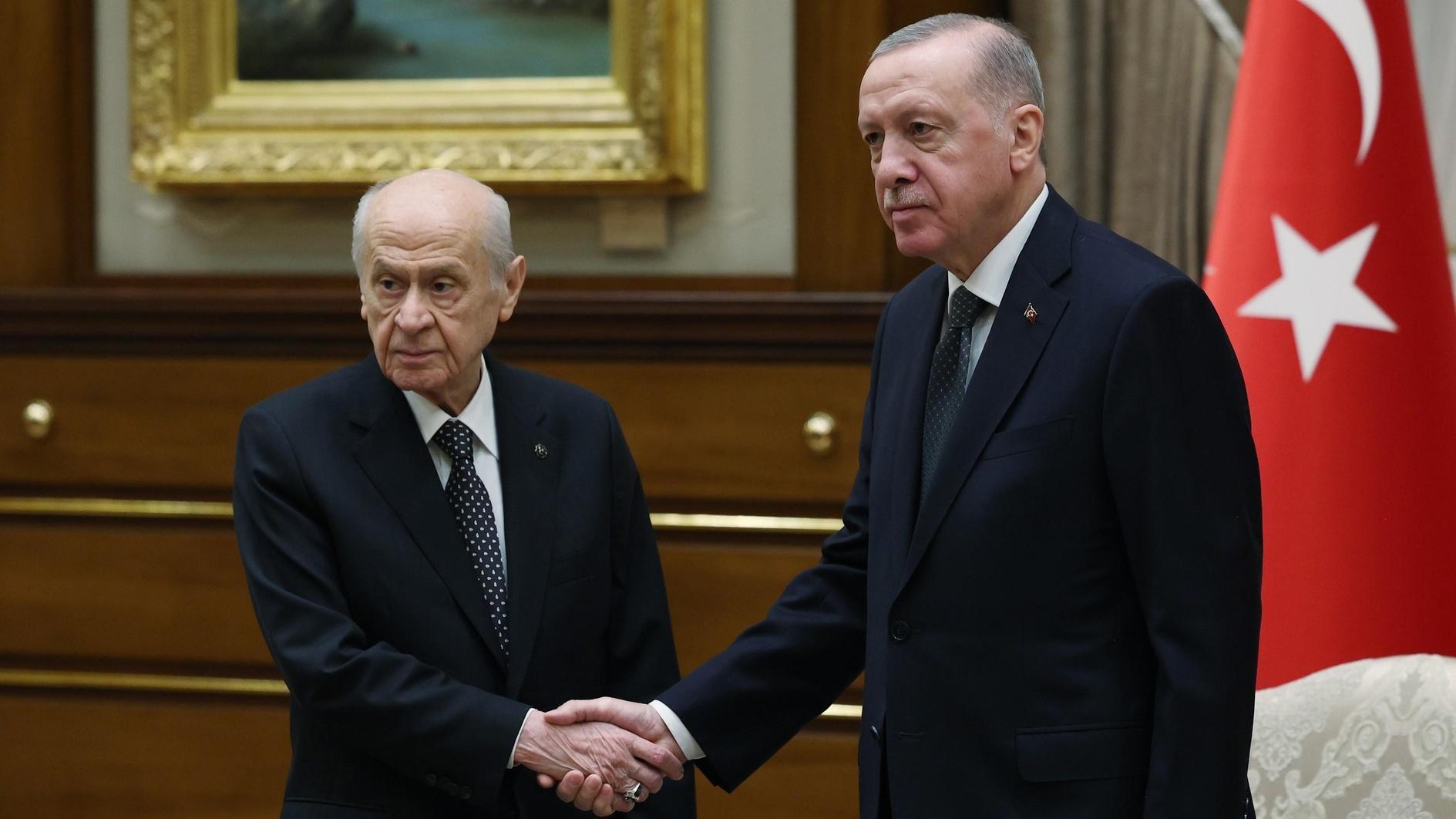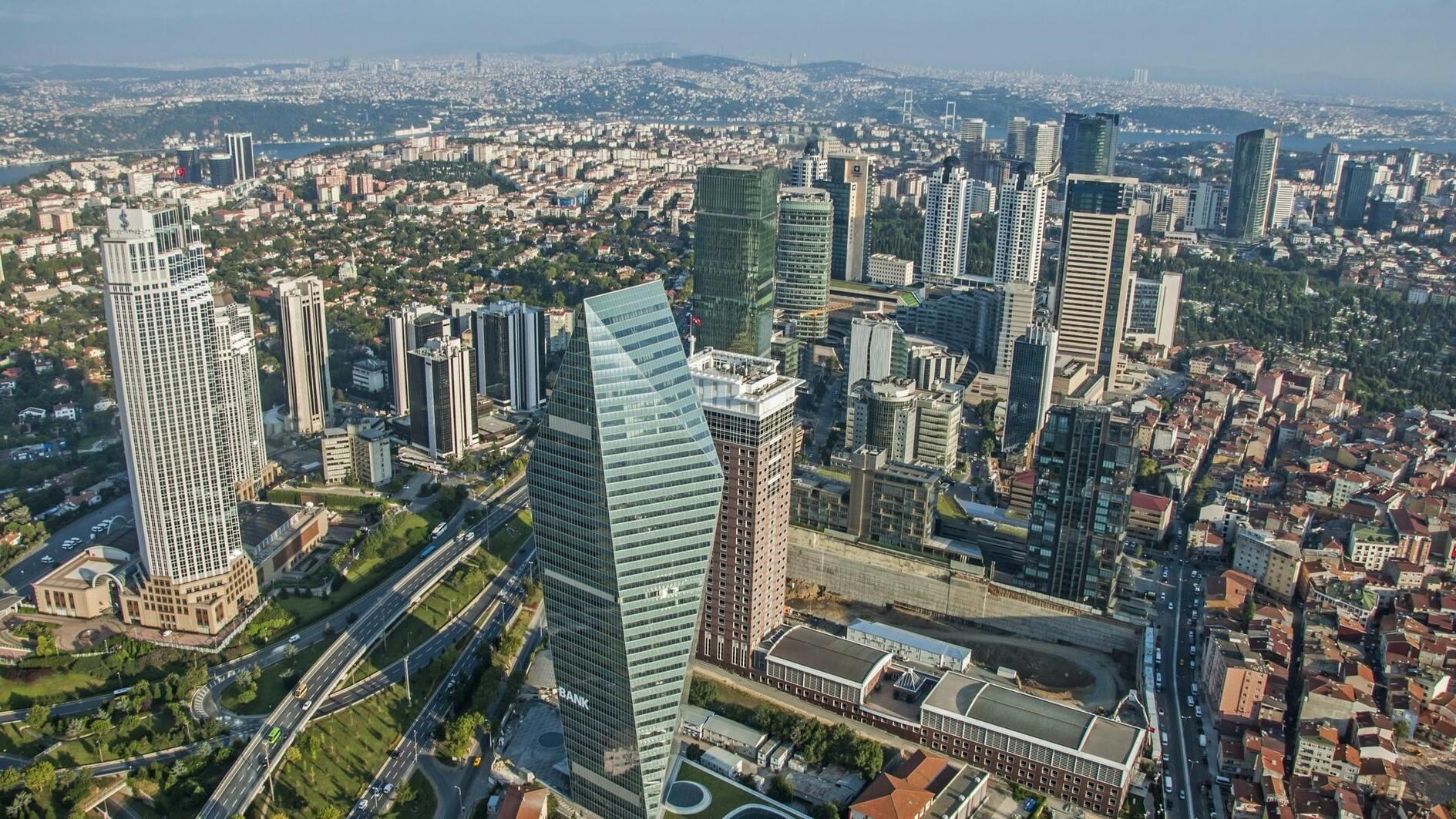Saudi Arabia-Iran row bad news for Turkey
Rather than jumping onboard in haste, Turkey should have thought twice before joining the Saudi-led Riyadh-based alliance against dangerous or not-so-welcome elements in the Muslim world. Would it be a Sunni alliance? Would it include Iran? What would be the meaning of establishing a Sunni alliance in this Middle East cauldron, which is already boiling with the inferno of ethnic and sectarian conflicts?
Rapidly deteriorating relations between Riyadh and Tehran after Saudi Arabia’s execution of Nimr al-Nimr - a Shiite cleric very critical of the Sunni-majority Saudi Arabia - together with 46 other “terrorists,” was perhaps the trigger required to demonstrate what grave dangers the Sunni alliance might land countries of this troubled geography in.
As could be easily estimated, the execution last week of al-Nimr produced a very strong protest wave among Shiite populations across the region. Protests were particularly strong in Shiite-dominated Iran, and perhaps the security forces were reluctant to take sufficient preventive measures. As a result, some people in the angry mob managed to enter the Saudi embassy in Tehran and set it on fire. Naturally, the security of diplomatic missions are under the responsibility of the host country and Iran should have taken adequate measures. Still, Saudi Arabia’s decision to ramp up the tension a step further and sever diplomatic relations with Iran was a development that naturally produced consequences throughout the region.
The unity of the Islamic world – very much like the repeatedly failed “Arab unity” slogan – may have been a reality during the time of the Prophet Muhammad. But ever since the tragic assassination of three of the first four Islamic caliphs, it has been little more than rhetoric. Throughout Islamic history, and Turkish history, there have been many very sad episodes of sectarian animosity and war. As was expected, Riyadh’s decision to sever relations with Tehran was immediately echoed by other Gulf capitals taking similar action against Iran or downgrading relations - demonstrating sectarian solidarity.
Rightly, the U.N. is very concerned. The Americans, the British and other leading Western powers – who were all saluting the announcement of a Sunni alliance led by the Saudis – as well as Turkey, urged the two countries for restraint, aware that a surge in tensions could only further escalate problems in the already explosive region.
So the region has turned into a powder keg. Who achieved this great success? The answer must be clear for everyone: The process that started with the de-Saddamization of Iraq, and which was continued with the “democratization” firstly of Iraq and later of the entire North Africa and Middle East - presented as the “Arab Spring” - landed the geography in a fire. Primarily the United States and its Western allies, including Turkey, are responsible for the mess that they co-produced with Saudi and Qatari financing.
Is it a secret that the Americans worked hard behind the scenes to get the Saudis to launch that ill-fated Sunni alliance against the Islamic State of Iraq and the Levant (ISIL)? The Sunni alliance – which obviously did not include predominantly Shiite Iran – was already a sufficient blow to peace efforts in the region. Now, further polarization because of Saudi-Iran flare up of tensions is placing the entire region at heightened risk of further conflict - as if the situation in Iraq, Syria, Yemen and with the advancing Kurdish secessionist moves in Turkey were not enough.
Unrest and division among countries of this region - and global powers aligning themselves in support of these divided country groups - will only help terrorists and secessionists. Growing regional animosities will inevitably produce polarization and greater animosities, creating a vicious circle that would produce further serious power vacuums worse than the already very dangerous ones on Turkey’s southern and southeastern borders in Iraq and Syria. Such a situation will of course primarily help the ISIL terrorists, but how the Turkish separatist terrorist Kurdish group benefit from this could also be estimated.
Already, Turkey’s worsening relations with Russia and not so good ties with Tehran are believed to have been helping the Kurdistan Workers’ Party (PKK) separatist gang, effectively turning many southeastern cities and towns of Turkey into its battleground. Turkey must wake up to the reality that its “Sunni alliance” moves might cost it very dear at the end of the day. Is there, for example, a Plan B in the event that Jan. 25 talks in Geneva on Syria fail. If the Syria peace process is damaged because of Saudi-Iran tensions, what will be the repercussions of such a development on Turkey-EU relations? What if the already explosive situation of sectarian greed ramps up to even worse, totally catastrophic dimensions?



